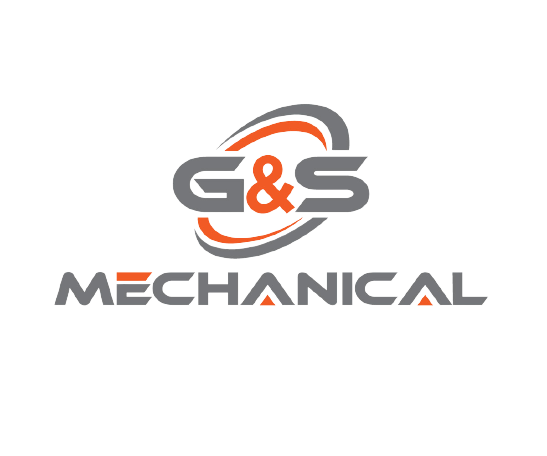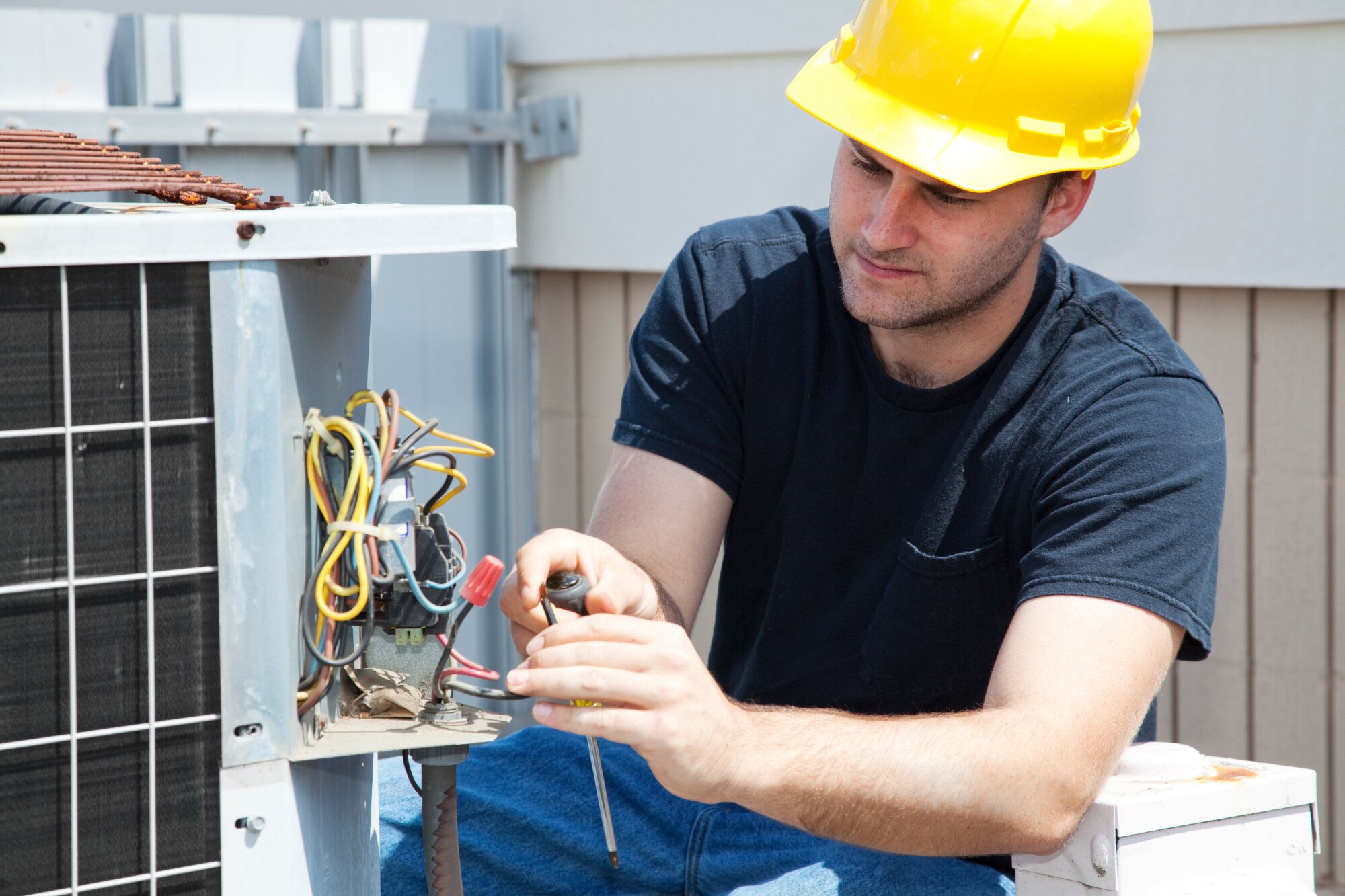7 Common Residential HVAC Repair Mistakes and How to Avoid Them
Did you know that the average U.S. household spends about $2,000 a year on energy bills? And that almost half of that goes to heating and cooling costs?
That's why it's important to make sure your residential HVAC system is running as efficiently as possible.
Unfortunately, many homeowners make mistakes when it comes to HVAC repair and maintenance. These mistakes can end up costing you money and may even shorten the lifespan of your system.
Here are some of the most common residential HVAC repair mistakes and how to avoid them:
1. Having Dirty Filters
Filters are designed to protect the unit from dirt and debris. However, over time, they can become clogged with dust, pollen, and other airborne contaminants.
This can reduce airflow and cause the unit to work harder, leading to increased energy costs and a shortened lifespan. In some cases, it can even lead to system failure.
To avoid this mistake, it's important to regularly check and replace your filters. Depending on the type of filter, you may need to do this every three months.
If you have pets or smokers in the household, you may need to do it even more frequently. By keeping your filters clean, you can extend the life of your HVAC unit and keep it running efficiently.
2. Ignoring Thermostat Malfunction
Your thermostat is the control center for your HVAC system. It regulates the temperature in your home and tells the unit when to turn on and off.
If it's not working properly, it can cause a number of problems, including poor indoor air quality, uneven temperatures, and increased energy costs.
There are a few things you can do to avoid a thermostat malfunction.
First, make sure it's installed in the right location. The ideal spot is away from windows, doors, and any appliances that generate heat.
Second, keep it at a consistent temperature. Sudden changes can cause the unit to work harder than necessary and increase energy costs.
Finally, have it serviced regularly by a professional. This will ensure that it's calibrated correctly and working properly.
3. Ignoring Noises
If your HVAC system starts making strange noises, it's a sign that something is wrong.
In some cases, the problem may be minor and can be fixed with a simple repair. However, if the noise is persistent or gets worse over time, it could be a sign of a more serious issue.
Some common noises that indicate a problem with your HVAC system include:
Grinding
Squealing
Rattling
Humming
Ignoring strange noises coming from your HVAC system can lead to more serious damage and a higher repair bill.
If you hear strange noises coming from your HVAC system, be sure to contact a professional HVAC repair service for help. They will be able to diagnose the problem and make the necessary repairs.
4. Attempting DIY Repair
HVAC systems are complex and require special training and experience to repair. Attempting DIY methods of repairing HVAC damage can often do more harm than good.
Not only is it likely that you won't be able to fix the problem, but you could also end up damaging the unit beyond repair.
In some cases, you may be able to perform simple maintenance tasks, such as changing the air filter or cleaning the coils. However, if you're not sure what you're doing, it's best to leave HVAC repairs to the professionals.
Today's HVAC systems are more complex than ever before. It's important to choose a reputable HVAC repair company that has the experience and expertise to get the job done right.
A good HVAC repair company will have the right HVAC repair equipment and a team of certified technicians who are trained to handle all types of HVAC repairs.
5. Not Scheduling Regular Maintenance
Just like your car, your HVAC system needs regular maintenance to stay in good working condition.
During a maintenance visit, a technician will inspect the unit and perform any necessary repairs or adjustments. They will also clean the unit and perform any needed preventative maintenance.
Scheduling regular HVAC maintenance can help you avoid costly repairs down the road. It's also a good way to ensure that your unit is running at peak efficiency.
Be sure to schedule HVAC maintenance at least once a year. If you have an older unit, you may need to schedule it more frequently.
6. Not Updating Your HVAC System
Over time, HVAC technology has come a long way. Newer units are more energy-efficient and can provide better indoor air quality.
If your HVAC system is more than ten years old, it's worth considering an upgrade. A new HVAC system can save you money on your energy bills and provide a more comfortable environment for your home.
When choosing a new HVAC system, be sure to consult with a professional. They will help you choose the right unit for your home and needs.
7. Running the Unit 24/7
Many homeowners think that if they keep their HVAC unit running all day, it will maintain a more consistent temperature in their home.
However, this is not the case. In fact, your HVAC unit works harder when it constantly has to turn on and off to maintain a comfortable temperature. This can wear down your HVAC unit and lead to more repairs in the long run.
The best way to avoid this issue is by having a programmable thermostat installed. It allows you to set specific times for your HVAC unit to turn on and off.
That way, you can make sure that your unit isn’t working overtime and incurring unnecessary wear and tear.
Avoid Residential HVAC Repair Mistakes
HVAC systems are a big investment, so it's important to take care of them. By avoiding these common residential HVAC repair mistakes, you can keep your unit running smoothly for years to come.
If you have any questions about common HVAC issues, be sure to contact a professional HVAC repair company. They will be happy to help you keep your HVAC system in good working condition.
At G&S Mechanical, we are a full-service HVAC repair company in Austin. We offer a wide range of HVAC services, including maintenance, repairs, and installation. Contact us today to schedule a consultation.


